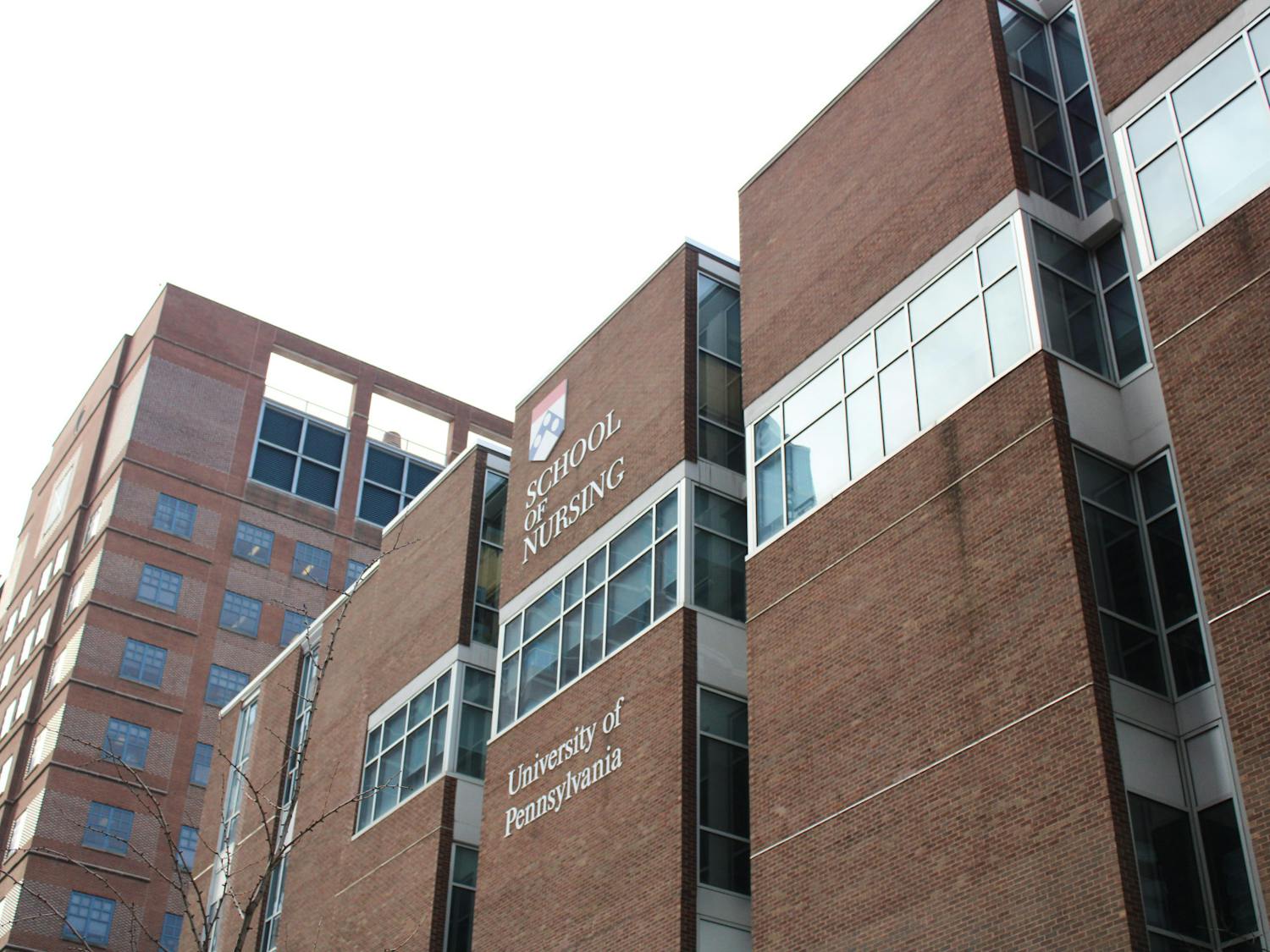Despite the School of Veterinary Medicine’s prestigious status as a research institution, Penn Police is on the lookout at every event for animal rights activists protesting the unfair treatment of research subjects.
That was certainly the case at a lecture yesterday where Neuroscience professor Joshua Gold reassured the community that research on non-human primates is essential to the advancement of science.
The talk, entitled “Using Non-Human Primates to Study Perception and Cognition,” is part of an aspirant annual lecture series on primate education. The series, now in its first year, was co-founded by the Laboratory Animal Medicine Club, the Special Species Club and the Penn Vet Animal Welfare Society.
Veterinary student Gillian Braden-Weiss explained that the clubs have one thing in common — a fascination with monkeys.
“We wanted to focus on the welfare of a species that’s obviously very important, but not necessarily a staple of our curriculum,” she said.
Braden-Weiss emphasized the clubs’ collective mission for the series — to represent many different viewpoints on the subject of non-human primates and their relationship to research.
In the kick-off to the lecture series yesterday, Gold addressed the question of why neuroscientists perform research on monkeys before delving into the findings of a few pertinent studies.
Highlighting the often unpredictable nature of lab monkeys, Gold discussed a research method called “controlled water intake,” whereby monkeys are rewarded with water when obliging to a task.
Gold acknowledged criticism of the technique before emphasizing its necessity. He then assured his audience that researchers constantly aim to provide their monkeys with a “reasonably natural state of health and well-being.”
Gold also emphasized the importance of well-trained research personnel for both scientific advancement and the well-being of the monkeys. Everything else is just a detail,” he explained. “It is absolutely most important that everyone works with the monkeys in a way that I’m comfortable with.”
First-year veterinary student Joel Takacs , who was in attendance, emphasized his interest in primate research.
“It’s as equivalent as working with humans as possible,” he explained. “But it’s a touchy subject — many people without a fundamental understanding wonder, why does that monkey have a giant contraption attached to its head? But in the big picture, this is the way we can make leaps in medicine.”








